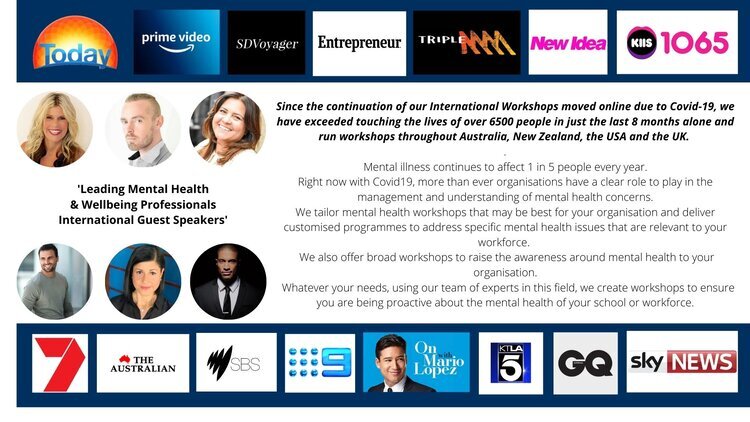The holiday season often paints a picture of warmth, joy, and togetherness, but for many, it can also be a time of increased stress, loneliness, and emotional turbulence. While awareness months and designated days play a crucial role in initiating conversations around mental health, it's imperative to recognise that these discussions should not be confined to specific times of the year. The need for ongoing dialogue becomes even more critical during the holiday season.
Beyond Awareness Campaigns: A Year-Round Commitment
While mental health awareness months and days serve as valuable catalysts for starting conversations, they should not be seen as the sole periods to address these crucial issues. Mental health is a complex and ongoing journey that doesn't adhere to a calendar schedule. Waiting for designated awareness periods may inadvertently contribute to the stigmatisation of mental health discussions during the rest of the year.
The Holiday Struggle: A Silent Battle
The holiday season can be a challenging time for many individuals, bringing about heightened emotions, financial pressures, and increased social expectations. Conversations around mental health during this time are not only relevant but also necessary. It's essential to acknowledge that for some, the holidays magnify feelings of isolation, grief, and stress. Engaging in open conversations during this period can provide much-needed support.
The Danger of Seasonal Support: A Call for Consistency
Posting supportive messages on social media during awareness campaigns is commendable, but it's crucial to extend this support consistently throughout the year. Many individuals who struggle with mental health concerns find it disheartening when the focus shifts away after awareness periods end. The sporadic nature of these conversations can make them seem insincere and, at times, overwhelming for those in need.
A Reminder of Imperfection: Authenticity in Action
It's essential to acknowledge that nobody is perfect, and supporting mental health isn't about getting it right all the time. Authenticity in conversations, even during the holiday season, fosters genuine connections. Understanding that everyone faces challenges and that ongoing support is more valuable than sporadic gestures is key.
Breaking the Silence: Encouraging Open Dialogues
To truly make a difference, we must break the silence around mental health consistently. Engaging in open, honest, and empathetic conversations throughout the year creates an environment where individuals feel heard and supported. This approach not only helps in destigmatising mental health but also encourages those who are struggling to reach out for help.
Shifting the Narrative
As we navigate the holiday season, let's collectively commit to fostering year-round conversations about mental health. It's not about being perfect or having all the answers; it's about genuine, ongoing support. By extending our understanding and compassion consistently, we can create a world where mental health is a topic of conversation every day, not just on awareness months or days. Together, let's shift the narrative and build a community that uplifts and supports one another in every season.


















